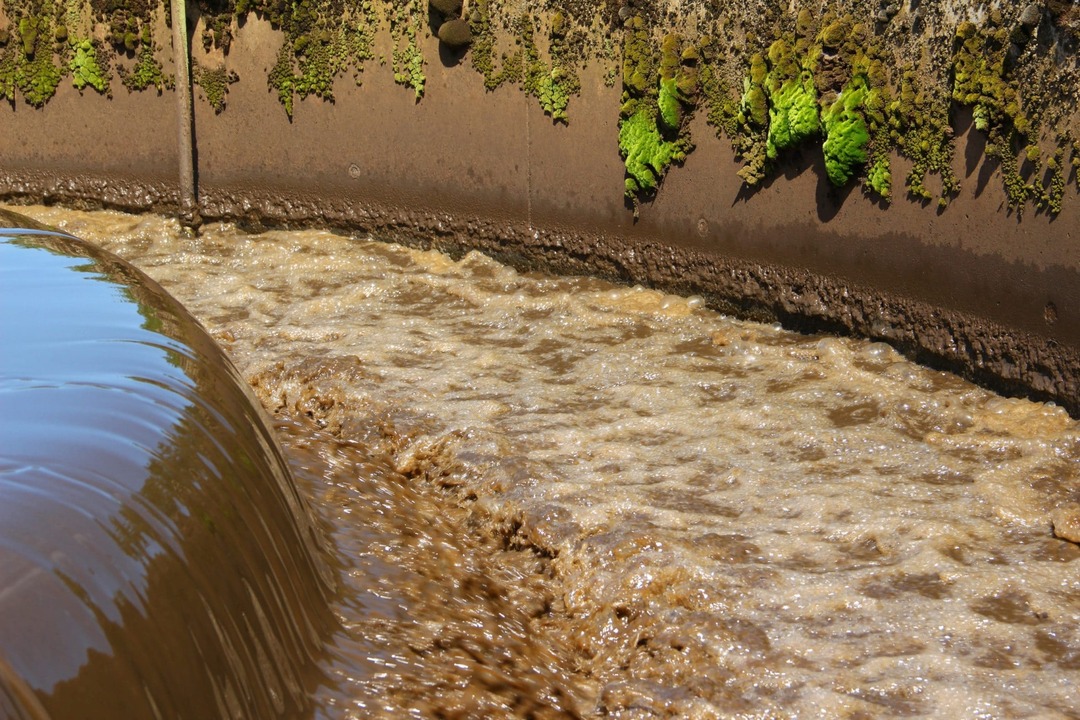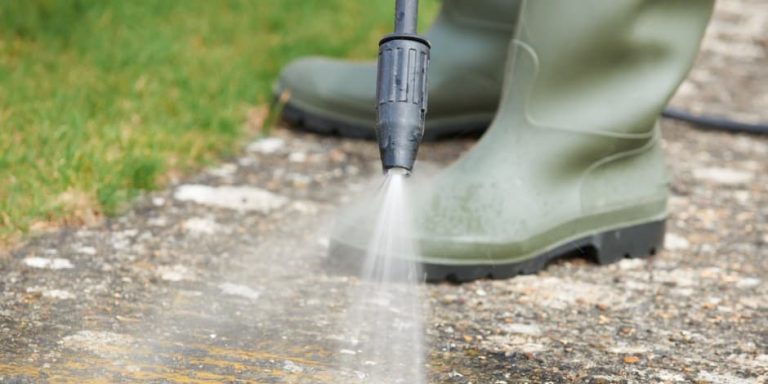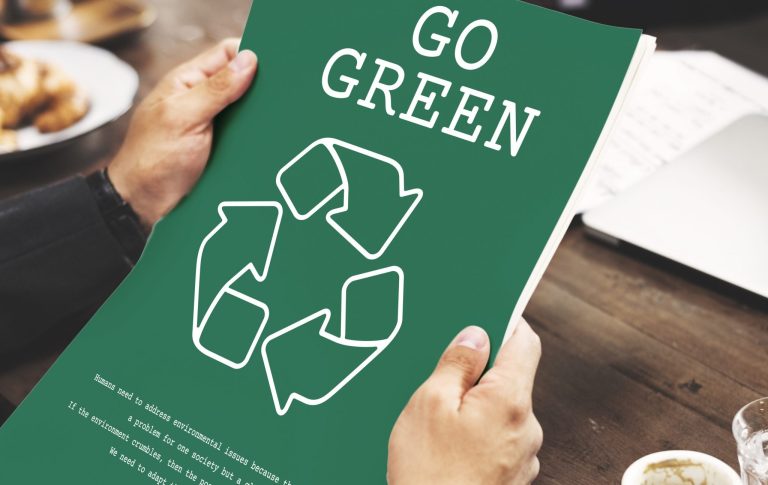
Power washing is a highly effective cleaning method, but one of its biggest challenges is managing the wastewater it produces. The water you use while cleaning a driveway, deck, or building surface doesn’t just vanish—it collects dirt, oil, chemicals, and other pollutants. If that wastewater is not properly managed and disposed of, it can end up contaminating the soil, plants, and even groundwater.
In this article, we’ll cover how power washing wastewater interacts with soil, the potential environmental consequences, and the best practices for disposing of it safely and responsibly. ✅
🌍 What’s in Power Washing Wastewater?
Depending on the job, power washing runoff may contain:
- Dirt and sediment
- Paint chips or chemical coatings
- Mold or mildew spores
- Oil, grease, or automotive fluids
- Cleaning detergents
- Heavy metals, especially from older buildings or equipment
- Microplastics from synthetic materials
These contaminants can pose serious risks when absorbed by the soil, where they may:
- Kill beneficial microorganisms
- Alter pH levels
- Introduce toxins that stunt plant growth
- Leach into nearby waterways or wells
⚠️ The Environmental Risks of Improper Disposal
Improperly dumping wastewater into a yard, driveway, or storm drain can lead to:
- Soil contamination and crop damage
- Algae blooms if runoff reaches local streams
- Toxic buildup in root zones of landscaping
- Harm to earthworms and soil microbes that maintain soil health
- Violation of local water and environmental codes
Remember: just because water soaks into the ground doesn’t mean it disappears. In many areas, soil acts like a sponge, slowly moving contaminants deeper toward aquifers or adjacent ecosystems.
✅ Best Practices for Responsible Wastewater Disposal
To avoid harming your soil—or facing fines—here are strategies for disposing of wastewater safely:
🧱 1. Use a Containment System
For residential and commercial jobs alike, use:
- Portable containment mats with raised edges
- Inflatable berms or foam barriers
- Sump pump setups to collect water for later disposal
These prevent runoff from spreading across the property or into the landscape.
🧼 2. Pre-Clean Surfaces
Before pressure washing:
- Sweep away dry debris
- Use absorbent pads for grease spots
- Scrape off stuck-on material manually
This reduces the pollutants entering the wastewater in the first place.
🚛 3. Transport Wastewater Off-Site (When Necessary)
For heavy commercial jobs or toxic cleanup:
- Pump collected water into a holding tank
- Transport to a licensed disposal facility
- Partner with a local environmental services company
In many municipalities, this is required for certain types of chemicals or high-volume waste.
🪨 4. Filter Before Disposing On-Site
If you’re allowed to dispose of wastewater on-site:
- Use a filtration system with sediment traps, charcoal filters, or oil separators
- Test pH levels and chemical content
- Direct clean water into non-sensitive soil zones like gravel beds, not gardens or lawns
Do not dispose near storm drains, water wells, vegetable gardens, or tree bases.
🌿 What to Do If You Accidentally Contaminate Soil
If wastewater runoff has affected your yard:
- Rinse the area thoroughly with clean water
- Add organic compost or activated charcoal to absorb toxins
- Test your soil for pH and chemical content
- Avoid planting anything new until the area is remediated
In some cases, you may need to remove topsoil or consult with an environmental cleanup service.
🧴 What About Eco-Friendly Detergents?
Even biodegradable or plant-safe detergents can cause harm when:
- Applied in high concentrations
- Washed into the soil with other pollutants
- Left to dry without proper rinsing
Use the minimum amount needed, and ensure thorough dilution before discharge.
Browse Amazon Here For Eco-Friendly Power Washing Detergents
🧑🔧 Tips for Contractors and Businesses
If you operate a professional power washing business:
- Check local and state environmental disposal laws
- Train your crew on proper containment procedures
- Keep MSDS sheets for all chemicals used
- Maintain logs of where and how wastewater is disposed
- Market your service as eco-responsible to attract environmentally conscious clients ♻️
🏡 Homeowner Tips for Small Jobs
If you’re a homeowner cleaning a small area:
- Avoid using chemicals entirely if possible
- Direct wastewater into gravel or non-planted zones
- Allow water to evaporate on containment mats
- Never dump into gutters or across lawns
Your yard is not a sewer—it needs to be protected like any other part of the ecosystem.
🧠 Final Thoughts
Power washing is incredibly effective, but the mess it leaves behind isn’t just dirt—it’s an environmental responsibility. Whether you’re cleaning your patio, washing a fleet of vehicles, or restoring a commercial building, it’s crucial to dispose of wastewater properly.
Healthy soil is the foundation of our landscapes, gardens, and food systems. Let’s keep it clean. 💧🌱✅
Browse Amazon Here For Top Rated Power Washers And Accessories






